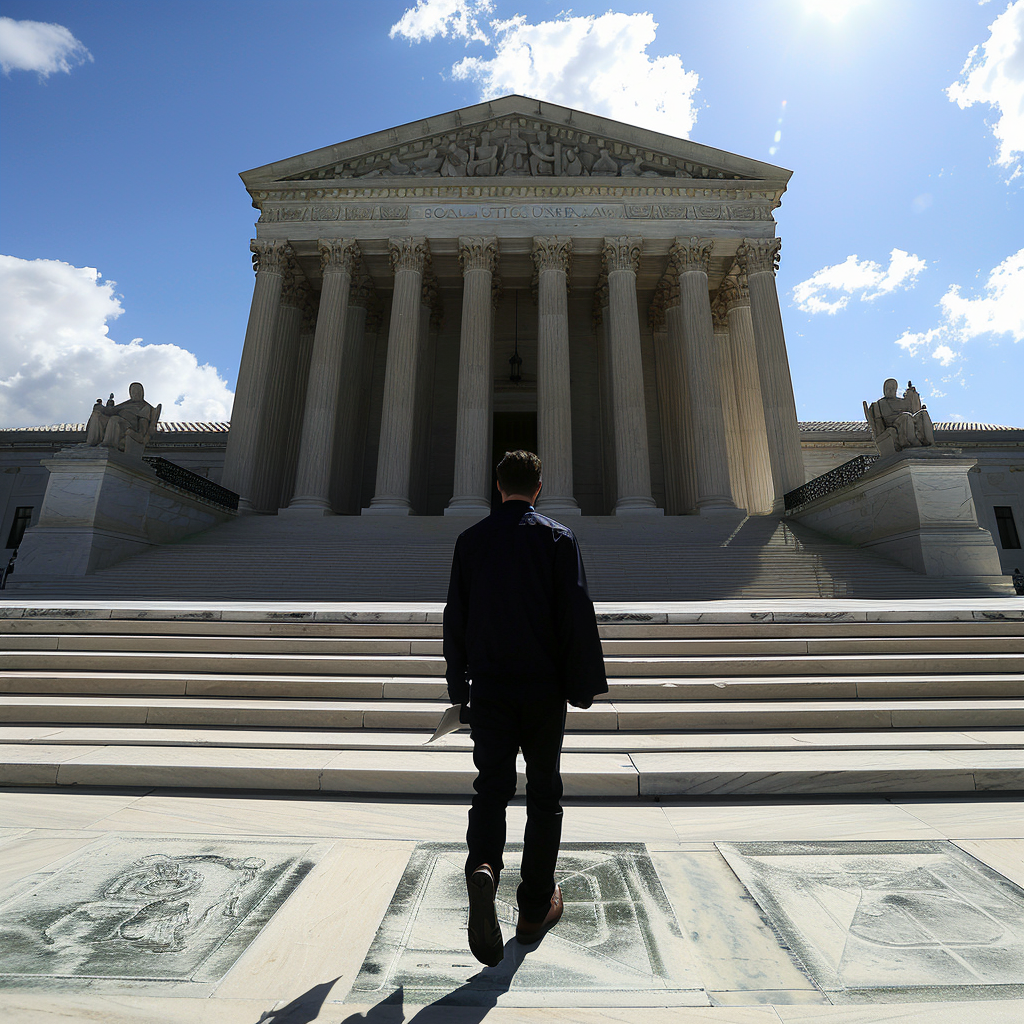
WASHINGTON, D.C. – Late last week, the U.S. Supreme Court delivered another magnanimous opinion in a lawsuit concerning the rights of citizens subject to enforcement action by federal agencies. In...

This letter was sent to Senators, Congressmen of relevant committees, and regulators in the Consumer Financial Protection Bureau, Securities and Exchange Commission, and Commodity Futures Trading Commission in the aftermath...